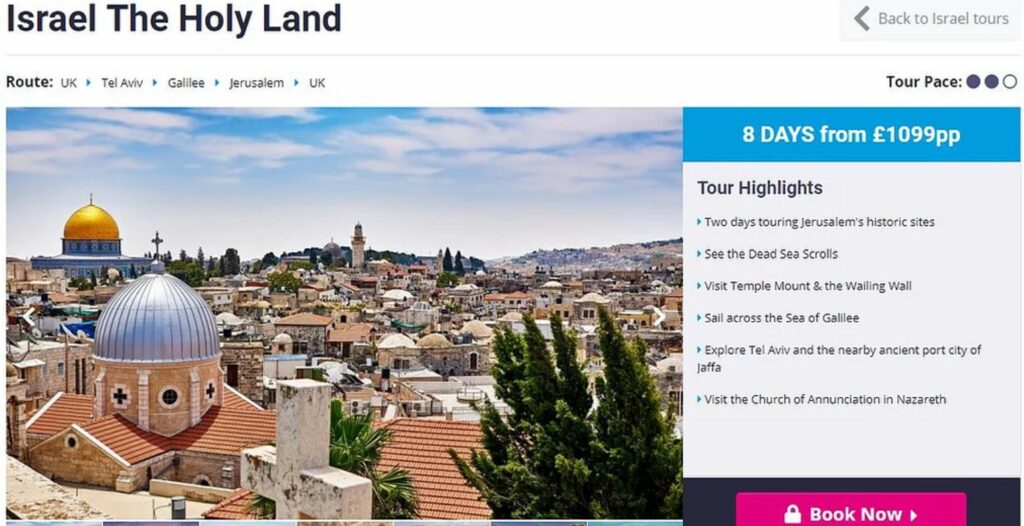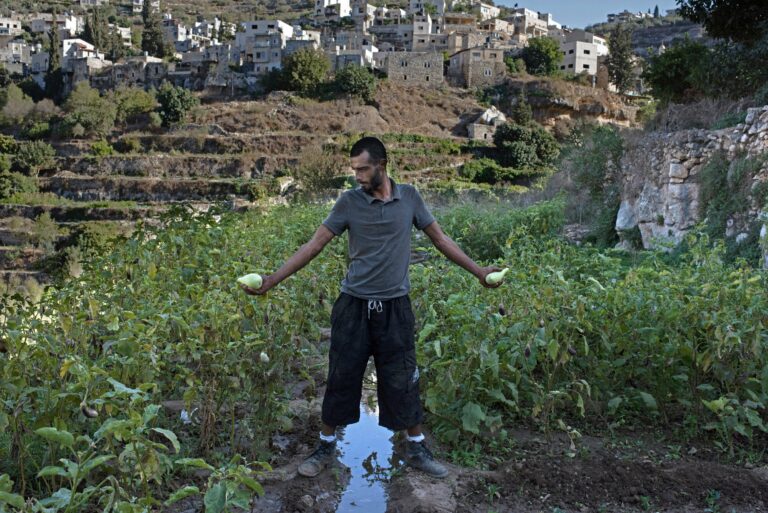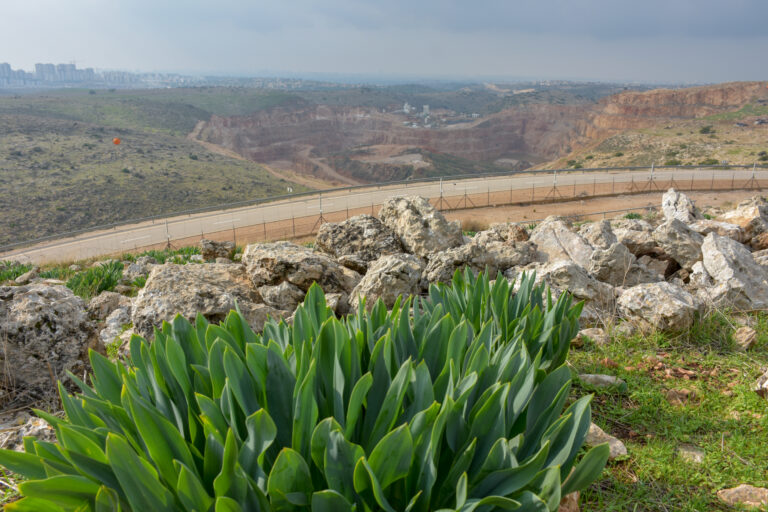
Package holiday industry sustains Israel’s illicit settlements economy
European and North American tour operators regularly visit Israeli settlements in the occupied Palestinian territory (OPT) and misleadingly market them as being in Israel, according to a report by the Global Legal Action Network (GLAN) and SOMO. It profiles nine industry leaders in the package tourism sector who contribute to and benefit from the maintenance of Israel’s illicit settlements economy in the occupied Palestinian territory. The report also sheds light on similar practices in the occupied Syrian Golan.
A majority of the companies profiled in the report take their customers to several settlement sites in the OPT. The itinerary of tour operators Audley, Globus, Promoséjours, and Viajes Catai includes settlement sites such as Qumran National Park, Herodium National Park, the City of David and The Inn of the Good Samaritan. Insight Vacations, Kensington Tours and TUI Group also offer visits to sites in the occupied Syrian Golan. All investigated companies misrepresent part of their itinerary, for example by presenting East Jerusalem and Bethlehem (both OPT) or the Golan (Syria) as part of Israel.
Lydia de Leeuw, researcher with SOMO: “Illegal settlements are not holiday destinations. Tourism to sites in settlements contributes to the suffering of Palestinians and Syrians. Tourists should be aware of this. Tour operators must stop offering itineraries that include trips to settlements and end misleading marketing practices.”
Alleged war crimes
Israel’s illicit settlements economy is founded on acts that amount to serious violations of international humanitarian law and likely war crimes under international criminal law. The settlements have caused widespread dispossession and displacement, and are source of systemic and ongoing human rights violations suffered by Palestinian communities. The maintenance and expansion of settlements is a flagrant form of denial of the Palestinian people’s internationally-recognised right to self-determination, as it entrenches Israel’s sovereignty claims in the OPT. Israel’s tourism industry throughout the OPT critically contributes to the integration of the economy of the settlements with Israel’s domestic economy, with severe cost to the Palestinian economy.
The report shows that the tour companies are vulnerable to a range of reputational risks and litigation due to potential liability under domestic and international law. For example, engaging in business transactions with Israeli settlements could result in a travel company’s listing in the UN database on business activities in Israeli settlements(opens in new window) . This would not only expose them to scrutiny by their (potential) customers but would also alert the relevant authorities in their country of domicile to their contribution to violations of international criminal law.
Gearóid Ó Cuinn (GLAN director): “Tour companies risk being sued for leading consumers to believe they just visit Israel. Instead tourists are taken to spend money in illegal settlements, sites which likely amount to war crimes. While international tourists move freely, Palestinians in the OPT are confined to enclaves, with restricted access to their land, natural resources, and basic services such as healthcare and education.”
Deceptive marketing
GLAN and SOMO analysed online marketing materials from roughly 100 tour operators across 10 jurisdictions over the course of the past two years. The companies whose itineraries are profiled in the report include:
-
Promoséjours(opens in new window) (France)
-
Insight Vacations(opens in new window) (Ireland)
-
TUI Group(opens in new window) (Europe)

The report calls on the tour operators to remove settlement sites from their itineraries, and to halt deceptive marketing practices. Finally, the report urges the home states of tour operators to prohibit business dealings that benefit from Israel’s illicit settlement economy, and to prevent the false advertisement of illegal settlements sites.
The vast majority of Israel’s population will soon be vaccinated against COVID-19, which will likely permit renewed incoming tourism. With that prospect in mind, this report provides concrete recommendations to tour operators, home states and industry bodies, on actions they should take to bring the sector’s activities in line with international law.
Do you need more information?
-

Lydia de Leeuw
Researcher
Partners
Related content
-
UN: list construction company CAF for contributing to the expansion of illegal Israeli settlementsPosted in category:Published on:Statement
-

-
 German cement giant involved in serious violations against PalestiniansPosted in category:News
German cement giant involved in serious violations against PalestiniansPosted in category:News Lydia de LeeuwPublished on:
Lydia de LeeuwPublished on:

